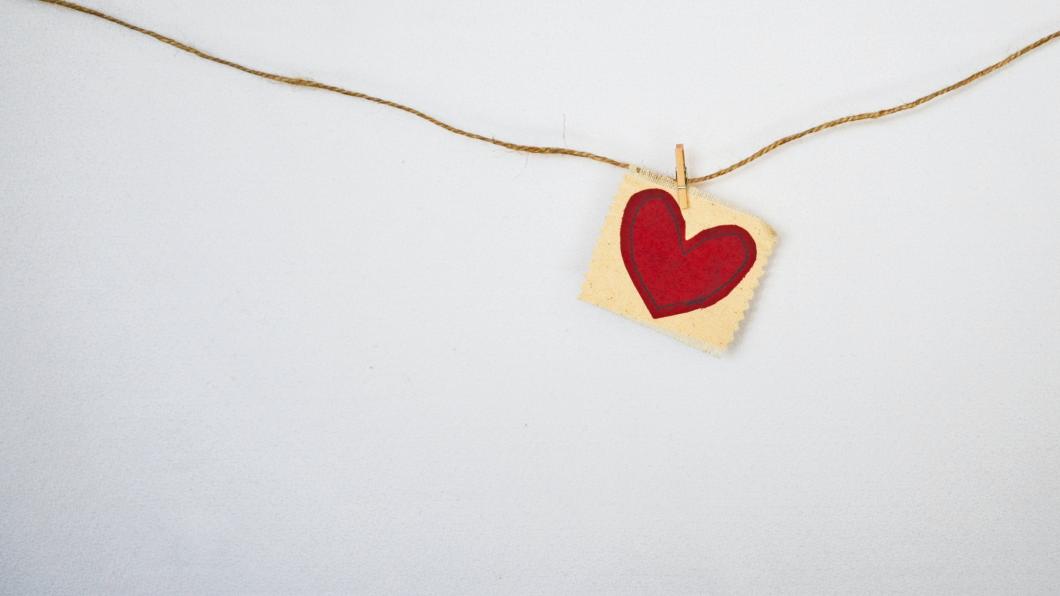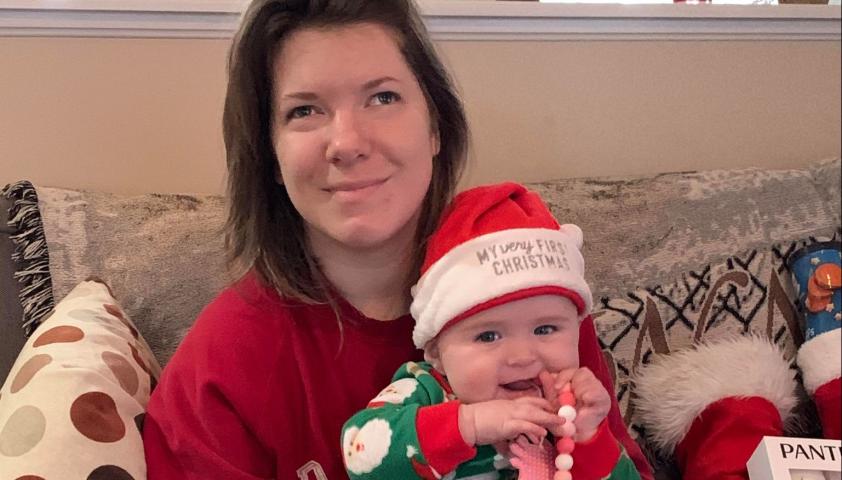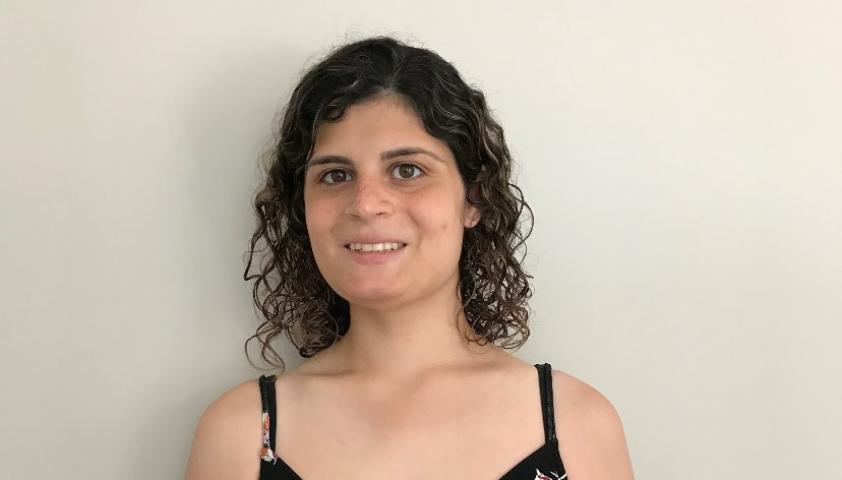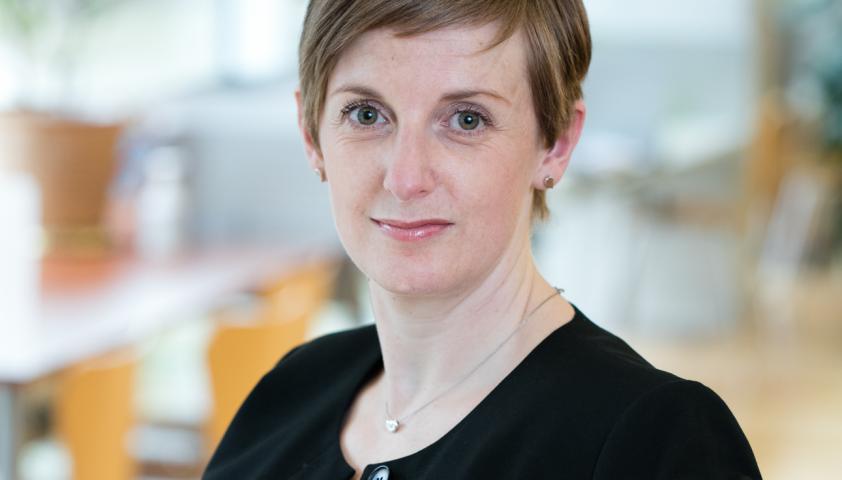
Roses are red, violets are blue, disability belongs here too
With Valentine’s Day around the corner, our minds—and our screens—are filled with images of first dates, first kisses and happily ever afters.
But people with disabilities are often excluded from these representations of love. And these four women know that it’s time to change that.

Jessica
Growing up, Jessica always felt comfortable to talking about disability, dating and sexuality, but she recognizes that typically developing people don’t always share that comfort.
“When I was with one of my boyfriends who was able-bodied, a lot of people talk about how lucky I was that such a nice able-bodied man wanted to be with me, and how great we were together,” says Jessica.
She has also faced situations where people assume she can’t have kids—and that’s not true: it’s a chapter in her life she can’t wait to get to.
These kinds of comments can sometimes create a stigma that people with disabilities aren’t desirable partners. This can also affect people with disabilities’ perceptions of themselves. When Jessica was dating someone who also had a disability, he was uncomfortable and thought that their disabilities meant that they couldn’t have an intimate relationship.
“No matter what you do, people are going to have something to say,” she says.
“My advice would be to find somebody who you really care about, and it doesn’t matter whether or not they have a disability, what matters is how you feel about each other.”

Bianca
Like Jessica, Bianca had her fair share of assumptions when it comes to her disability, especially when dating a typically developed person.
“He would express that he didn’t like me using my mobility device and Wheel Trans, and I had to explain to him I have to use it to get around,” says Bianca.
“So, when I date it’s mostly people with disabilities, because I find that when you date a person with disability, you tend to have more in common and they can understand you better.”
Even though her experiences of dating people with disabilities have been different, and while she still remains hopeful for a healthy relationship one day, Bianca acknowledges the role that stigma has played in previous encounters.
“I think there’s a big stigma. If you have a disability, people may assume you can’t do certain things. Rather than ask, they just make assumptions and I feel like people should ask instead.”
Christine
As a mother to four kids with disabilities, Christine recognizes the impact of including people with disabilities in conversations about relationships, romance and sexuality.
“It is imperative that this be the foundation upon which conversations surrounding sexuality be developed,” she says.
“There is risk in not holding these conversations in terms of personal safety as well as a detriment to the self-esteem of youth who may feel confused or overlooked.”
That’s why Christine joined Dr. Amy McPherson, alongside other Holland Bloorview clients and families, to create resources for health care professionals to use when talking to their young patients about relationships and sexuality.
“These resources need to emphasize that people with disabilities are deserving and capable of having intimate relationships,” says Christine.

Dr. Amy McPherson
Having spent much of her working life talking about topics that others may consider “taboo,” Dr. McPherson knows how important conversations about sexuality are to kids and youth with disabilities.
“People with disabilities are sexual beings too. We know young people with disabilities have no less attractions or need for sexuality knowledge, and yet often they're excluded from such discussions,” says Dr. McPherson.
“I've heard from many young people about how they've been asked to leave [during school sessions] because they’re told, ‘You don't need it. You are not going to need it. You're never going to be able to use it’ and other very, very discriminatory behaviors.”
That’s why Dr. McPherson wants to ensure the conversations are being fostered in healthcare settings. The resources she has started to develop, along with healthcare providers and parents, and young adults with disabilities, will aid healthcare providers in approaching topics about sexual health, sexuality, and relationships with kids and youth with disabilities.
“It's not like we have it all figured out with typically developing kids. We all feel a little awkward about relationships and sexuality. I just want a level playing field for kids with disabilities to ensure that they are getting the health promotion and support that they need,” says Dr. McPherson.